Coffee is a special thing in the world, because with coffee can change the world for the better, because with our coffee can be reconciled, whether it's for friendship, business or for family affairs. coffee is very important for every human being like without coffee brain not walk. here are some coffee processes that I will describe
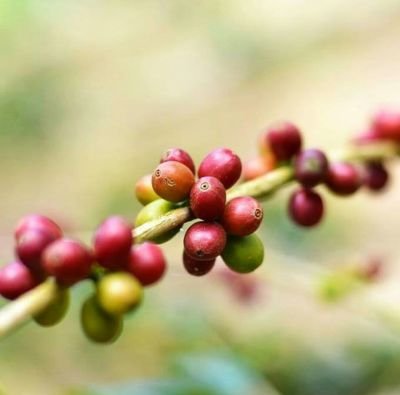
Dry process/natural process:
The dried method is the oldest, simplest, and easiest method of stripping coffee to explain
Ripe coffee that has been harvested directly dried for 3-4 weeks to reduce water content up to 10-12%. During drying, coffee is reversed regularly to the same degree of drought. The dry method is commonly used by farmers in Ethiopia and Brazil because of its dry climate.
Once dry, the coffee goes into the depulpingmachine (fruit peel) to remove pulp and parchment . The downside of the dry method is when the coffee is too dry, the coffee beans will break easily during the depulping process .
This method is considered the most environmentally friendly because it does not leave waste water processing. Although currently more widely applied to robusta coffee beans, environmental awareness is starting to make farmers use this method in Arabica beans.
The dried method will produce coffee with a stronger, smoother fruit flavor, thicker body , and lower acidity.
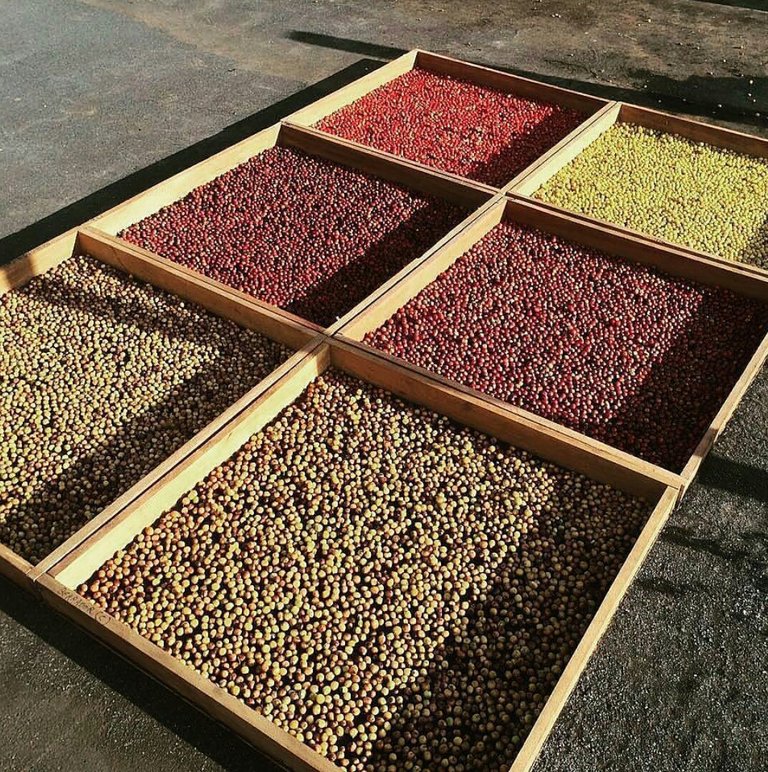
Full washed process:
Wet method is new in stripping coffee beans. Named 'wet' because coffee beans are always in contact with water during the stripping process. Because it takes up to 6 liters of water per 1 kilogram of coffee, this method is mostly applied to arabica coffee because its selling price is higher than robusta.
The main differentiator between the wet and dry method is the depulping sequence . Newly harvested coffee fruits are fed into the drains leading to the depulping machine so that the pulp will be separated from the seed. The remaining pulp stripping is commonly used as animal feed or compost material.
The next coffee beans are soaked in water for 12-36 hours. The purpose of this immersion is to ferment coffee beans and to remove mucilage (mucilage) . Bak soak once stirred and the water is replaced according to the desired fermentation level. Fermentation is too long will produce coffee that is sour and uncomfortable. The fermentation stage is complete when the mucus is gone and the coffee beans are tight.
Waste water used to wash coffee mucus is one of the adverse effects of coffee processing by the wet method. Fortunately, we have developed technologies that can save water by reducing, recycling, and filtering waste water.
After the fermentation is complete, coffee beans are dried to reduce the water content up to 10-12% followed by the milling process to remove the remaining horn skin.
Controlled fermentation of the wet method produces coffee with a lightweight body , and a more prominent acidity .
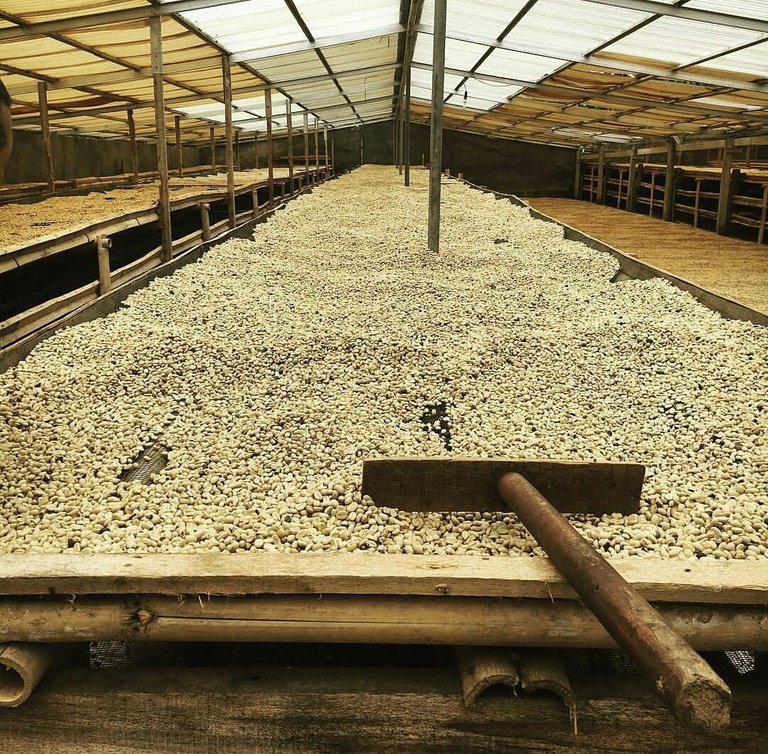
Bourbon Type Coffee
- It is known that bourbon generally has a slightly more complexity and sweetness than its parents, Typica. Bourbons generally have red berries. However, there are also two other types of bourbon that do not produce red fruit. They are called yellow & orange bourbon, according to the color of the fruit produced.
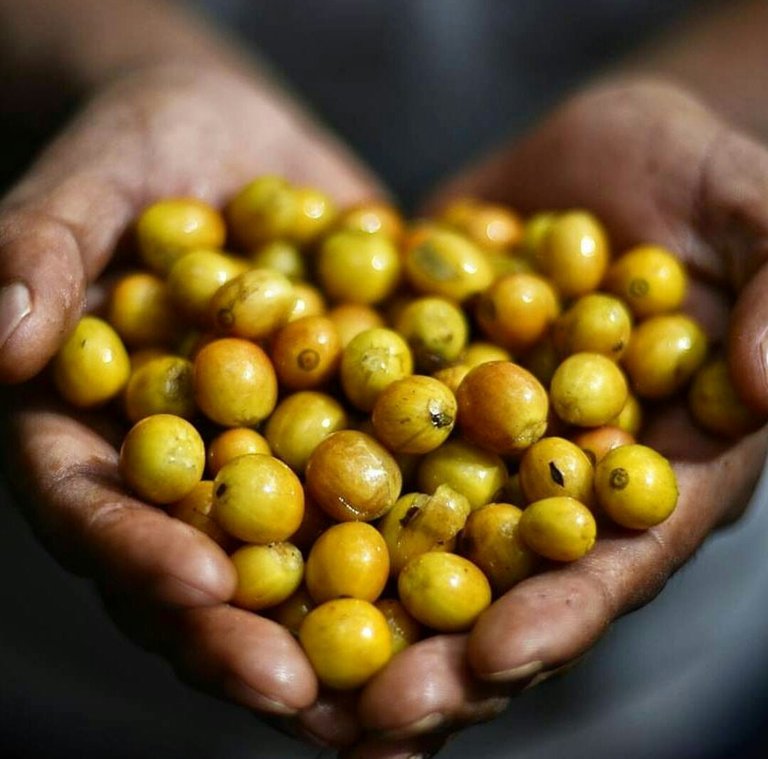
Typica Type Coffee
- Typica is the earliest variety sold in the port of mocha. As described above, typica is a parent of most existing varieties. The character of this variety is clean & sweet, although today, the production of this typica tree is getting smaller.
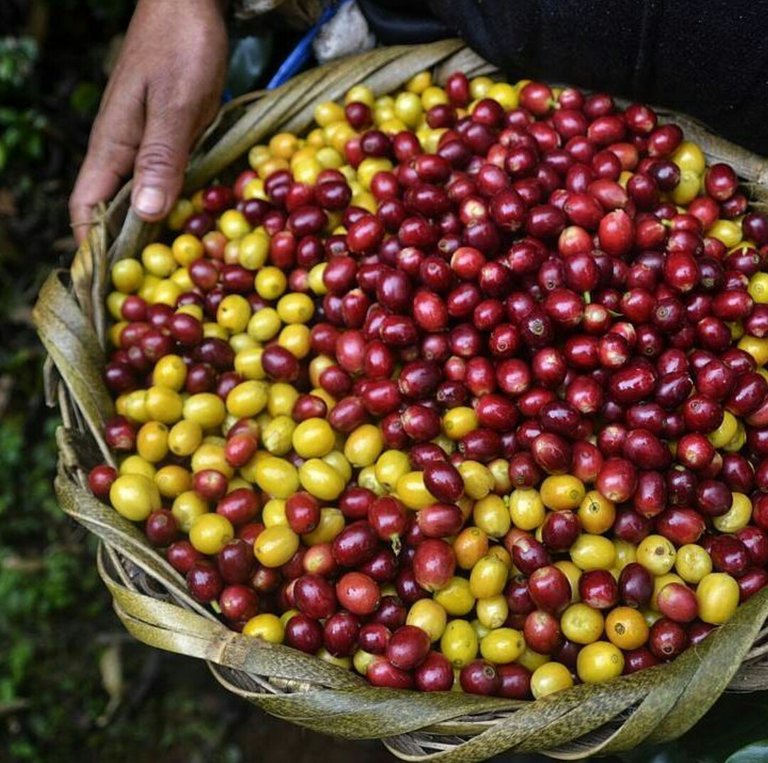
Thanks You Greetings From Me @wihnongkaltoa
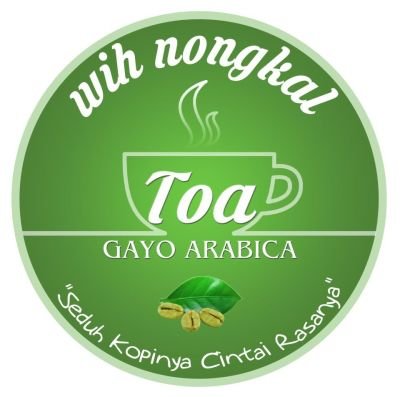
Awesome! I love coffee! Well, in fact, I'm an addict :)
Is it true? I happen to farmer bro coffee, have you ever tried gayo arabica bro coffee?